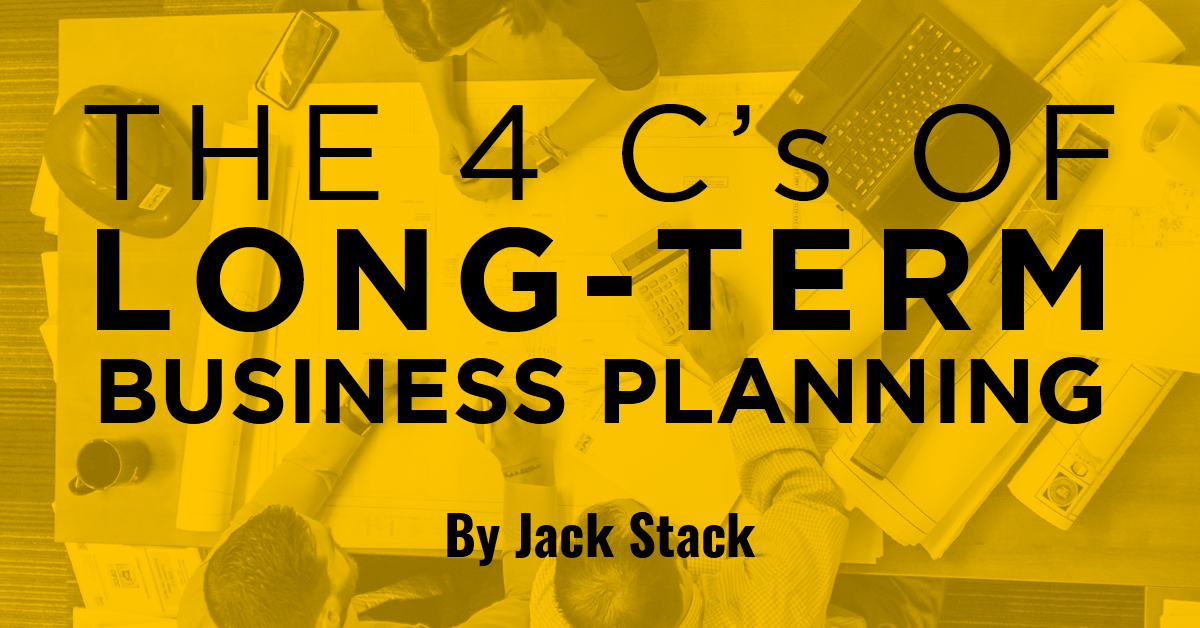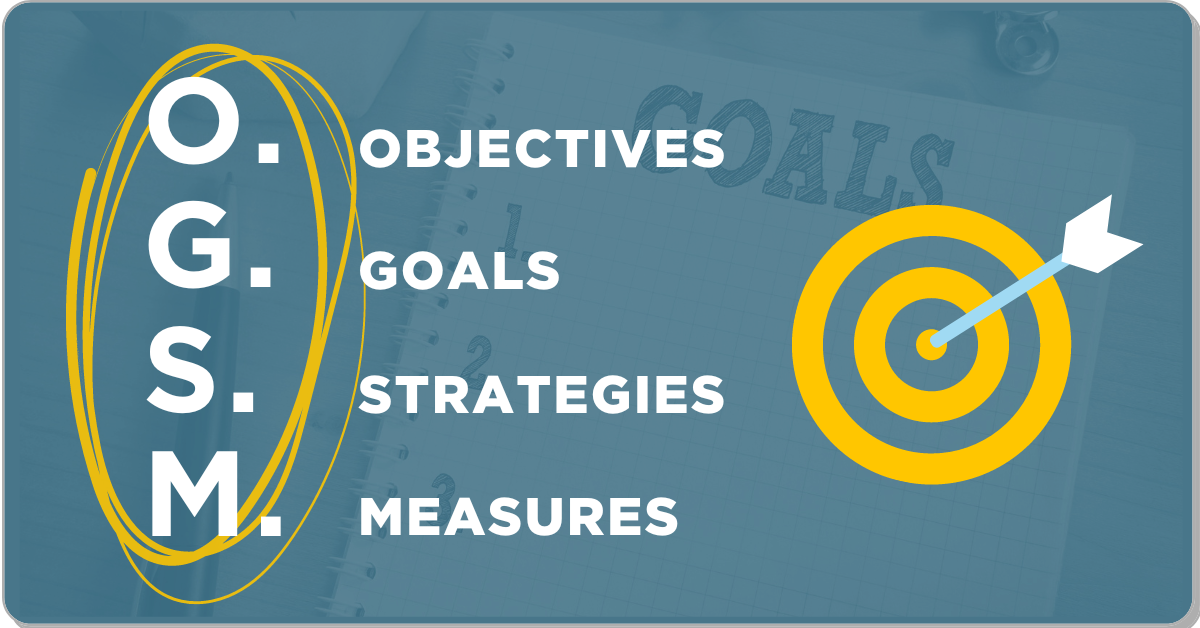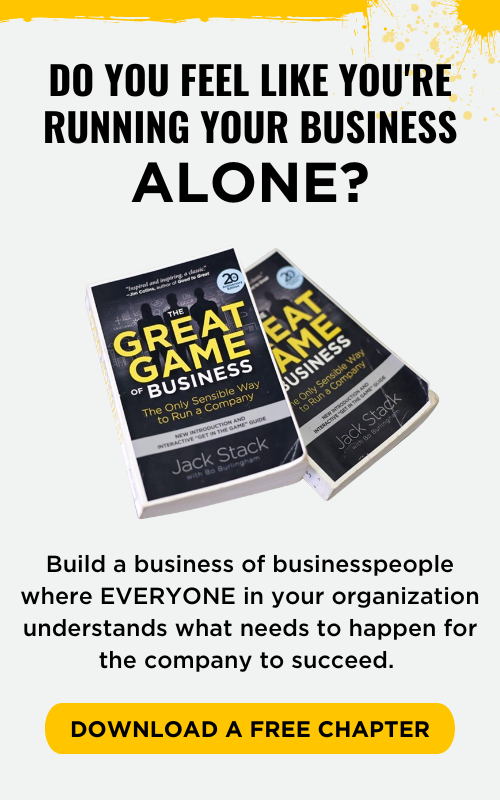Co-authored by Jack O'Riley

MiniGames™ are a powerful tool for engaging your team while pursuing an opportunity or tackling a weakness within your company. These short-term improvement challenges drive performance metrics that contribute to the year-end revenue goal in addition to impacting behaviors of your employees.
Engaging employees through an incentivized program provides an opportunity to develop your staff and discover their hidden skill-sets. Often times, MiniGames also improve teamwork and employee satisfaction scores.
What does it take to put together a MiniGame? Be sure to include these must-have elements when developing your next short-term incentive challenge:
1. A Goal
What would you like to accomplish in a 90-day time frame? (our suggested time frame to see behavioral change that sticks.) MiniGames don't always have to solve urgent issues, but can focus on small behaviors that drive your Critical Number™. To start out, consider a smaller-scale goal that impacts the big picture. Remember, MiniGames can target any area that needs improvement.
2. A Producer
This is the leader of the group, the employee responsible for championing this specific MiniGame and keeping it on track. It's best to select an individual with a thorough understanding of the drivers, goal, the responsible department, processes involved etc.
3. A Cast
Your cast includes employees or key management within a department or group that has an impact on your goal. Don't forget to include anyone that impacts the driver. For example, employees outside of the sales team may have an impact on specific sales number. Include everyone with a hand in the results to drive behavior change and have the greatest impact.
4. A Theme
Choose a theme that energizes the players and propels The Game overall. Think of relevant, fun, and trending subjects that motivate the whole team.
5. Rewards
The reward must be carefully selected to motivate employees and be memorable to have a lasting effect. Consider having several small goals and prizes leading up to the big win and behavioral change you want to improve upon.
6. An Achievable Target
Be sure to select a target that is realistic, achievable, and that everyone can get behind. Consider the time and costs it will take to succeed in your MiniGame and make sure it aligns with your other obligations.
Creating challenging but attainable goals through MiniGames instills the desire for employees to win. When you hit your target, follow through on the reward and be sure to celebrate and make everyone involved feel like a winner. Get a win under your belt, set your sights on a new target, and repeat the process frequently to help create a culture of winning.
MiniGames can be an asset whether times are good or bad. They create an enthusiastic environment where associates can make light of the work and goal at hand. Using games to moving the numbers can be great fun while yielding a financial reward. We should always be teaching, learning, and moving those numbers, both large and small in scale.
Learn more tools to design and implement effective MiniGames within your organization and receive specific, successful MiniGame examples with our MiniGames Toolkit.
Other Articles You Might Like:
- 25 Handy Tips to Keep Your Great Game Track
- Getting the Most "Bang" Out of Your MiniGames with Outstanding Rewards
- Gathering of Games: MiniGame Showcase
.png)














